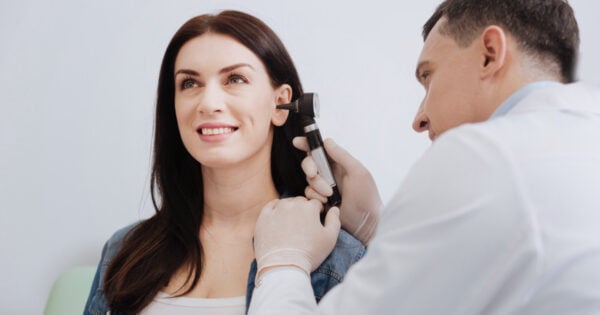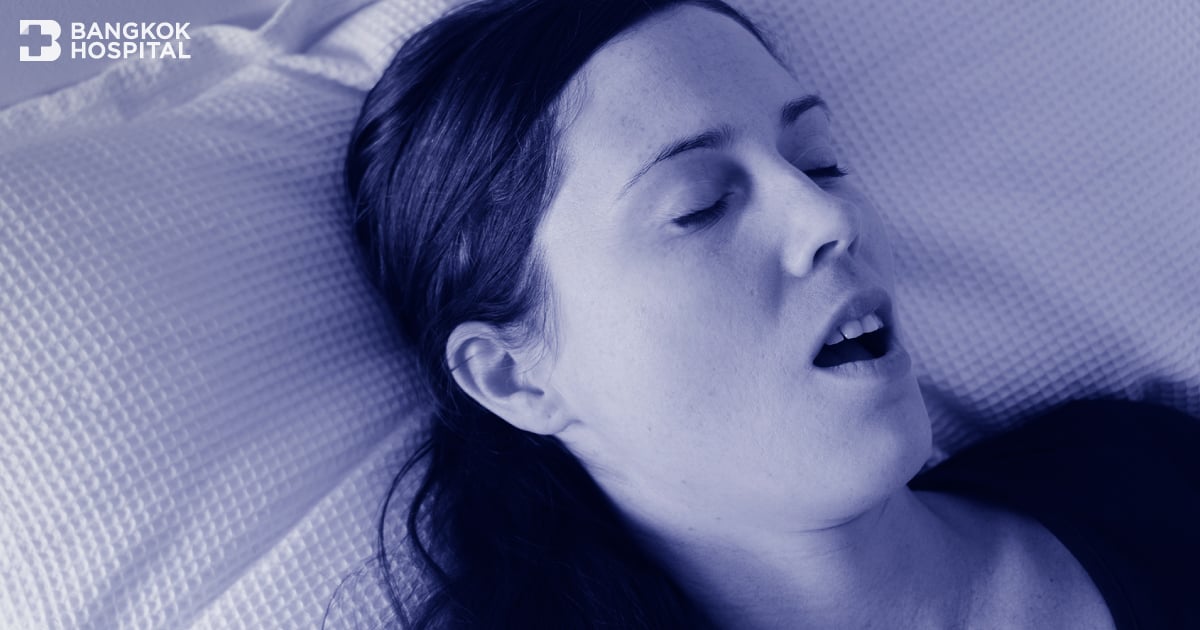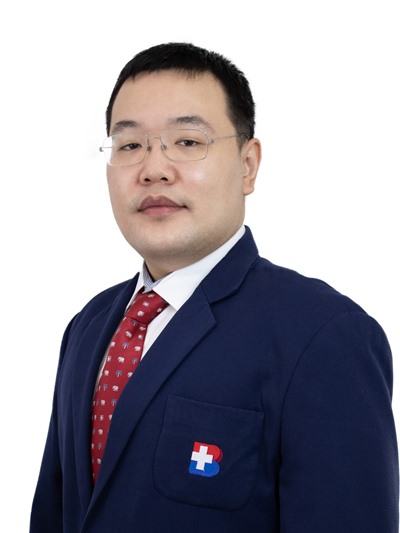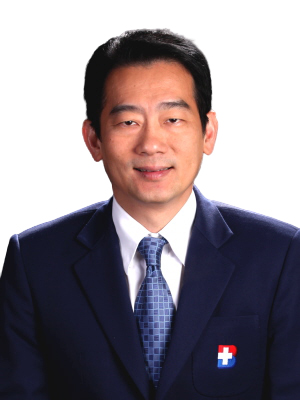Patients who require thyroidectomy may generally worry that their voices would become hoarse, or that the surgery would affect their speech or the ability to speak altogether, or that there would be large unsightly scars. All these concerns can lead to a loss of self-confidence. However, nowadays patients need not worry about thyroidectomy, as it can be performed using an endoscope which does not leave a scar and also reduces chances of any complication after the procedure.
Thyroid Nodules
Thyroid Nodule is a common condition for the gland as well as among patients with goiter. The growth in the thyroid may or may not be cancerous, and thyroidectomy can be considered as a core treatment for it. During the procedure, the patient is put on general anesthesia while the surgeon removes part or all of the thyroid, depending on the reason for the surgery as prescribed by the medical specialist.
Thyroidectomy’s Risks
For a patient needing thyroidectomy, a common question about the risks as a result of the procedure usually is whether he/she would lose the ability to speak or his/her voice would become hoarse. This concern arises from the fact that the nerves that control the vocal cords are located behind the thyroid and can be affected. However, during today’s thyroidectomy, the possibility of damaging the nerves is very minimal (less than 1%). This is because the surgeon always endeavors to preserve all the nerves. Even in the case of a large growth or of a more complex procedure, the surgeon will use a Nerve Integrity Monitor during the procedure to help locate all the nerves; and, thus, reducing the chances of damaging them.
As for other complications – such as infection of the wound, excessive bleeding from the wound, and effects of the anesthetic medication – the risks are no different from other types of surgery that require general anesthesia. Besides, thorough patient medical and health preparations will go a long way to mitigate these risks.
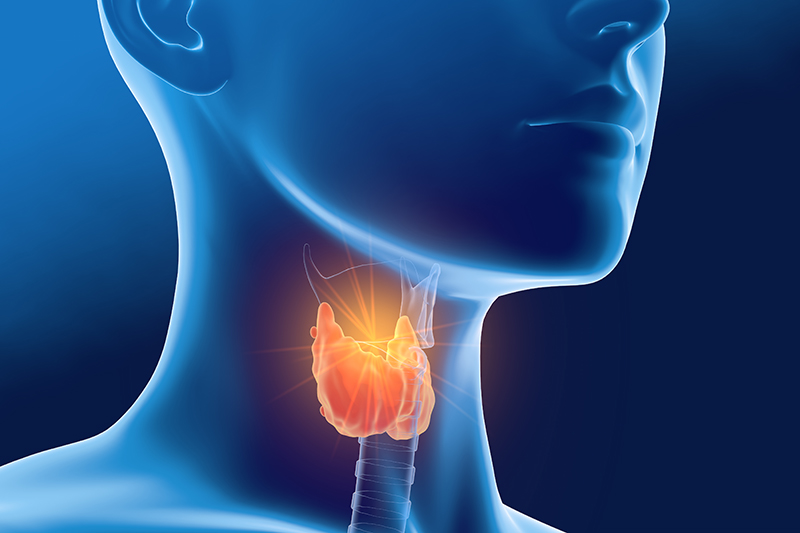
After Thyroidectomy, why is perpetual medication still required?
Even having one side or part of the thyroid removed, the patient still has sufficient extent of the gland to produce adequate hormones for the body. Therefore, generally the patient does not require supplemental thyroid hormones. However, for a cancerous thyroidectomy where the gland is completely removed, the doctor may consider prescribing perpetual hormones supplements as replacements, to help sustain the treatment and maintain the patient’s long-term health.
In some cases, thyroidectomy may affect the functioning of the smaller parathyroid glands that are next to the thyroid, causing them to become less effective which leads to a lower level of calcium in the blood stream. To prevent this condition, the surgeon will ensure that the parathyroid is preserved during the procedure. This is another way to avoid requiring a patient to take additional calcium afterwards.
Thyroidectomy and The Neck Scar
Thyroid nodules are often found more in women than men. Their locations are generally not covered by normal clothing, such that any surgical scar is easily visible which is a major concern for many women. Today, there are options for thyroidectomy, and the patient may choose to undergo a procedure with an endoscope in which the resulted wound can be hidden around the neck area. This will also depend of the size of the growth and other medical indicators. However, in a case where a larger incision is required, an experienced surgeon will endeavor to ensure the smallest possible wound and dress it so as to reduce any unsightly scar.
In any case, if you discover a growth on your thyroid, it is highly recommended that you consult a specialist as soon as possible for a proper and timely treatment.


